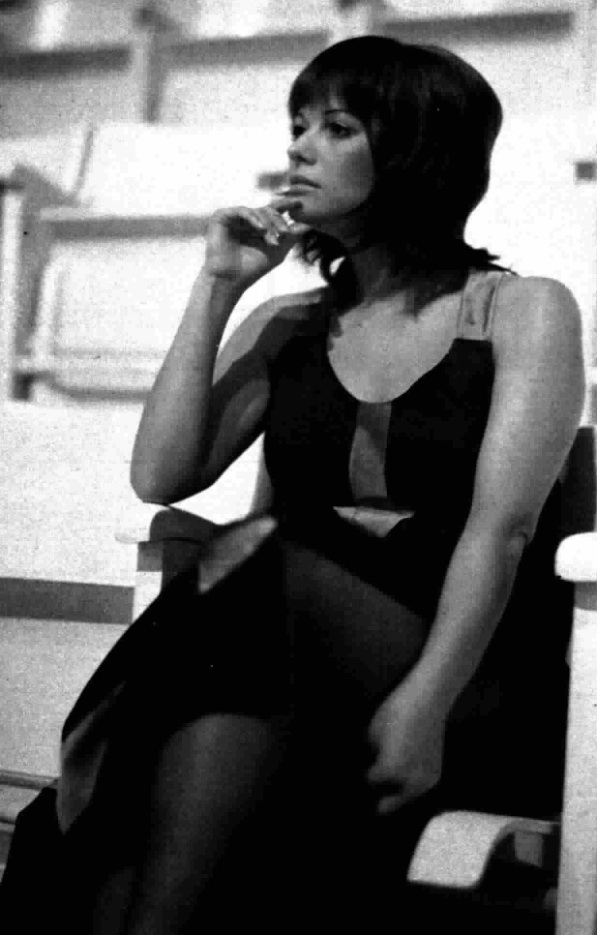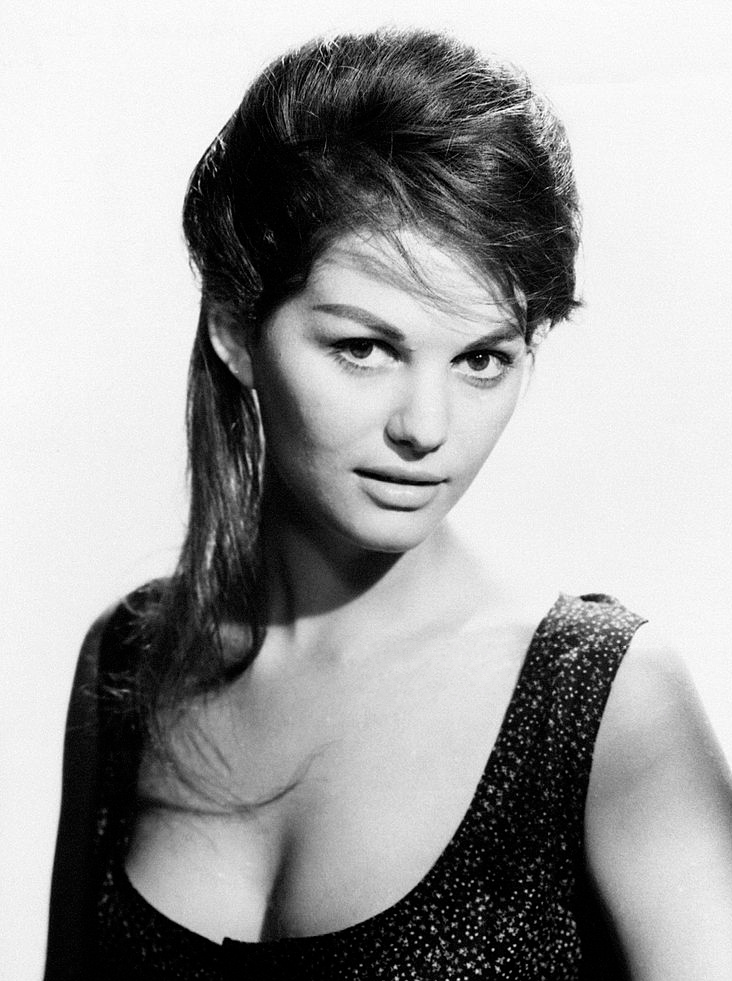The Ring 💍 Paris
Probabilities
Martine said she would try to be at La Maison de Verlaine by noon. Kenneth neither believed nor disbelieved he’d see her there, let alone by noon. In trying to predict her behaviour he was a complete agnostic. It was as if every atom of her being followed Heisenberg’s principle of uncertainty.
Yet now he had this inkling inside him, this intuition, this vibration of neurons. Was it the result of waves or particles, or some hidden subatomic structure acting deep inside his brain? Whatever it was, he felt she’d be on time. He felt she was just exiting the Saint-Michel station, smiling at the prospect of surprising him by being on time.
Martine was in fact smirking as she stepped onto Boulevard Sant-Michel. She was thinking that he was thinking that she’d always be late.
He ordered a steak-frites and a glass of wine, and sat back to work out this business about the kyanite ring. Perhaps he could even work it into his lecture that afternoon.
Until the kyanite ring, his reasoning had gone like this: If you believe in existentialist probability, then you believe in the immorality of chance. For instance, the hundredth time you get on a plane you have the same chance of crashing as the first time. It doesn't matter if you’re good or evil, if you’ve flown a million times or never before: your chances of crashing are just the same as those of everyone else. It’s not fair, and certainly not moral, but that’s just the way it is. That’s the way the dice tumbles over itself. Roll the bones.
If, however, you believe in essentialist probability — in a metaphysical system that controls the physical universe, giving justice and meaning to our actions — you believe in the morality of chance. Your chances of being in a plane crash increase with every successful flight. It’s only fair that you crash as often as everyone else. Even if one kept individual justice out of the equation, there would still be some bigger essentialist Plan that brought the plane down or kept it in the air. Probability became less a detached constant based on pure chance in a random universe than an involved variable based on a larger system of metaphysical justice. In such a case, probability lost what Kenneth called its mathematical, existential, immoral purity.
Then along comes this damned ring. Martine’s telepathic experience (if indeed it existed) meant that we’re influenced as much by erratic vibrations and by incalculable correspondences as by either random chance or higher Scheme of Things. The ring, which allowed some sort of arcane communication, created a gap between the existential self and the physical world because the self could no longer count on a world of pure chance. It also created a gap between the essential self and the metaphysical world because —
“Ken, you’ve started without me! C’est pas très poli, ça.”
Kenneth looked up. A bel visage floated toward him, smirking through the ether of an uncertain arrival. X x X = Martine. He managed to fumble out, “I - I wasn’t sure you’d make it.”
As she sat down she objected, “But I told you — ah, qu'importe! I can’t stay long anyway. Antoine is taking me somewhere this afternoon. It's a bit mysterious, but I think he’ll take me to meet Nakata. You know, the manga artist. Antoine hopes they can do a French Schoolgirl Thriller. Like the Michael Jackson video with Vincent Price.”
The waiter was hovering patiently next to the table, with only the patience that a Parisian waiter will show for a beautiful woman. “Et pour Madame?”
“Juste un cafe. Merci.”
“Oui Madame.”
Martine sat back in the red cushions and took a deep breath, just deep enough to tighten the sheer cotton of her dress. Kenneth wished he’d never heard of Vincent Price, Michael Jackson, manga, or the ever-talented master of all things shiny and new, Antoine Lacrotte.
Antoine’s surname was Lagrotte, but Kenneth preferred Lacrotte. It gave him pleasure to imagine Antoine on his beaten-up mobylette picking up dog excrement, like Chirac’s infamous motocrotte gang that once kept the side-streets of Paris clean. Antoine the Pooper-Scooper. Antoine de Saint-Expooperie. Kenneth even wrote a little story about Prince Antoine driving all over the universe looking for poop to scoop. He sent the story to his sister in the faraway city of Edmonton, where even in the month of April they scattered salt on the frozen sidewalks. She wrote back a sarcastic one-word response: “Charmant!”
As Martine breathed out again, she asked, “So, what will you be lecturing the old ladies on this afternoon?”
The way she emphasized lecturing made it sound like boring them to death. OK, so it wasn’t a racy crowd. Claudia Cardinale wasn’t sitting in the front row, waiting for him to answer her burning question about the meaning of love.
Kenneth often thought about the actress when he saw Martine. She was that beautiful — and that sure of herself. Claudia once said in an interview, “If you want to practise this craft, you have to have inner strength. Otherwise, you’ll lose your idea of who you are. Every film I make entails becoming a different woman. And in front of a camera, no less! But when I’m finished, I’m me again.”
Kenneth responded, “I plan to lecture the old ladies on Pascal and probability theory."
Martine seemed to want to humour him, probably because she had something to tell him about Antoine. Perhaps they were going to another comic conference in Barcelona. Tapas, sangria, the whole auberge espagnole. She leaned into him and asked him to refresh her memory. “Ça doit être fascinant. What exactly are the probabilities?”
Kenneth looked at the necklace between Martine’s breasts.
The kyanite drew him into her world. Everything he said seemed to confess an argument like the one she made when she put her fingers up to her lips and told him about the ring.
He couldn’t admit it, but he didn't know what the probabilities were. He didn’t know why he felt the way he did. He wasn’t sure of anything. All he knew was that he wanted to stay with her, drinking bottle after bottle of wine. And stop her from going to see Antoine. He didn’t give a damn about his lecture or about Pascal’s God.
She thought to herself, And he thinks he knows everything.
💍
Next: 💍 Lestatique
Contents - Characters - Glossary: A-F∙G-Z - Maps - Storylines




